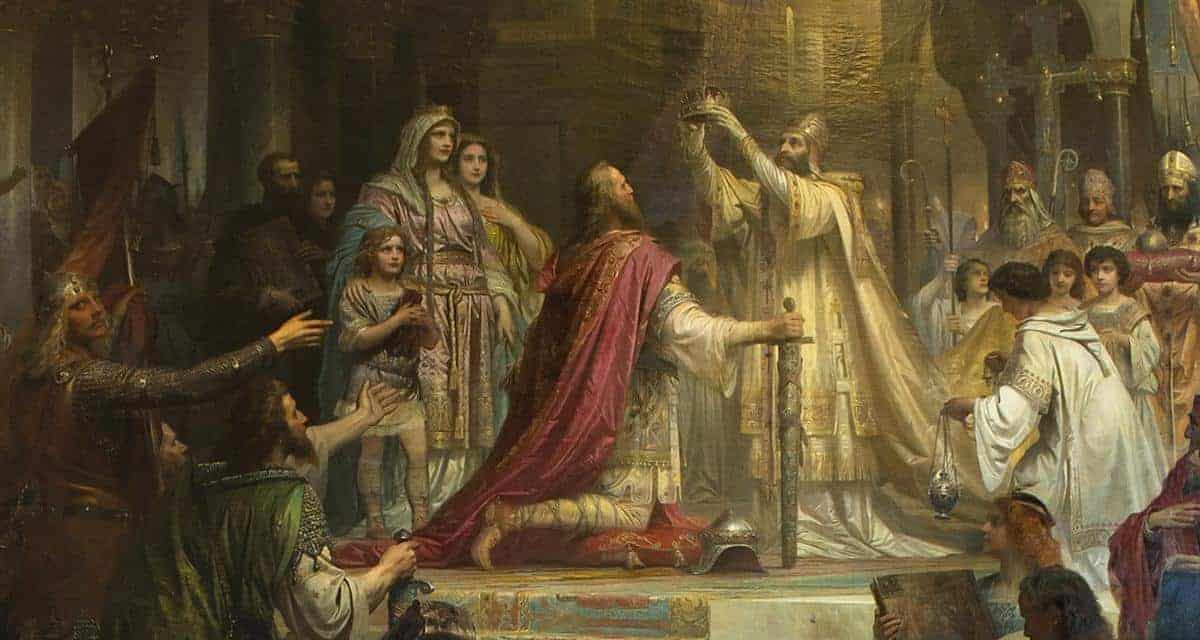
4 – Battle of Bouvines (1214)
According to French historian Jean Favier, the Battle of Bouvines is one of French history’s most decisive and symbolic battles. John France, professor emeritus of Swansea University, believes Bouvines is one of the most important battles in English history that no one has heard of. It also had a major impact on the Holy Roman Empire as it led to the deposition of an emperor.
The battle came about because King John of England wanted to regain the French territories he had lost but Philip II, the King of France, was determined to not only hang on to Anjou and Normandy but also to establish French power and prestige. John’s problem was that he had alienated the English nobility, so he had to call for help from Emperor Otto IV of the Holy Roman Empire and several other European allies. Otto got involved because he was an ally of John’s as well as being his maternal uncle.
The plan was for John’s army to attack the French from the south-west after he landed in La Rochelle while his allies attacked from the north. However, John’s allies moved slowly, and the English king was forced to retreat to Aquitaine on July 3, 1214. By July 23, King Philip was ready for battle and met Otto at a muddy plain near Bouvines four days later. Philip initially turned back to Lille, but the enemy caught up at Bouvines, so he had no choice but to fight.
The result was a bloody and brutal battle that lasted up to five hours. In what was a desperately hard-fought affair, the French emerged victoriously. John was humiliated and had to sign the Magna Carta in 1215 which limited his powers and formed the basis of English democracy. The French Capetians became the dominant force in Europe for the next century. Meanwhile, Otto IV was overthrown as Emperor of the Holy Roman Empire by Frederick II.

